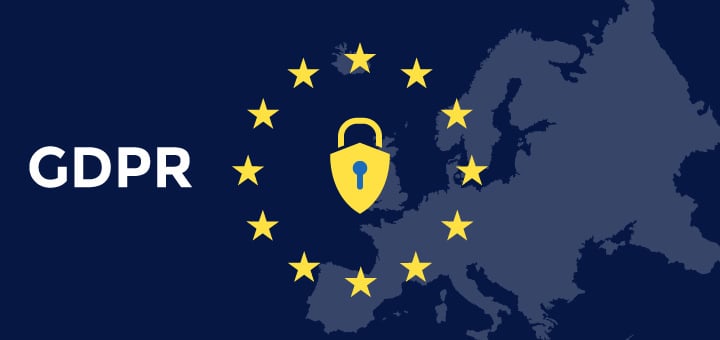During the course of the past 14 months, there was a lot of debate around the compliance of websites with GDPR. When policy changes affect the services that our clients provide through us, we are always ready to provide our assistance and heads-up.
We are in the pleasant position to report that we have fully informed all of our affected clients regarding their websites’ GDPR liability. Furthermore and with their approval and input, we have updated the majority of their affected websites by adding a GDPR compliancy assistance plugin as well as having published relevant Privacy Policies.
The installed plugin assists websites and their owners to comply with GDPR. Installing and activating this plugin does not guarantee that the websites are fully GDPR compliant but assures the following that highly contribute towards full compliance:
- Provides users with control over cookies stored on their computer
- Provides users with the ability to revoke their previously provided consent
- Provides users with a link to the Privacy Policy page
We will do our best to keep monitoring enforceable relevant legislation changes and inform our clients whenever necessary.
What is GDPR Compliance?
In short, GDPR, or General Data Protection Regulation 2016/679, is a regulation in EU law on data protection and privacy for all individual EU citizens.
In more detail, GDPR is an act that came into force on the 25th of May 2018, replacing the previous 1995 Data Protection directive with the purpose of modernizing laws that protect individuals’ personal data.
In effect, GDPR gives rights back to individuals and allows more control over their private information. GDPR also alters how businesses and public sector organisations deal with their customers’ information.
GDPR affects each European country individually as each country has the ability to make its own additions / amendments to the regulation.
Individuals benefiting from this regulation will be able to access what data organizations hold on them as well as find out how that data is used. According to section 17 of the GDPR, individuals will have the right to delete information that a data-controller keeps, providing of course there are no solid grounds for the data-controller to retain it. Finally, individuals have the right to know if a security breach to his or her data has occurred.
GDPR compliance is mandatory as non-compliance carries penalties and fines of up to €20million or 4% of the company’s annual revenue – whichever is higher.
How GDPR effects a website?
GDPR website compliance mainly focuses on informing individuals about how the website and its owner collects, uses and stores their data. Whether you collect customers’ personal information through any type of online forms or an e-commerce store, you will need to make sure that your processes, policies and documentation are transparent. GDPR puts individuals in control of their information, and the task of complying with this regulation rests with businesses and organizations.
Web Theoria’s Ongoing Commitment
Web Theoria strives to be compliant as much as possible with all applicable legislation to its knowledge, foreign and domestic. GDPR is a much talked about as well as sensitive subject that sits right in the middle of Web Theoria’s area of activities.
As a company, we take all necessary steps in order to be GDPR compliant to the extent possible. This includes all of our relevant practices, beginning with the collection of any type of information about our past, current and potential clients, the collection of information by our website, as well as the collection of information necessary for our everyday correspondence and operation. We also make sure that our above said practices are transparent and traceable.
Furthermore, we have published our updated policies and terms.
Published on June 13, 2019


